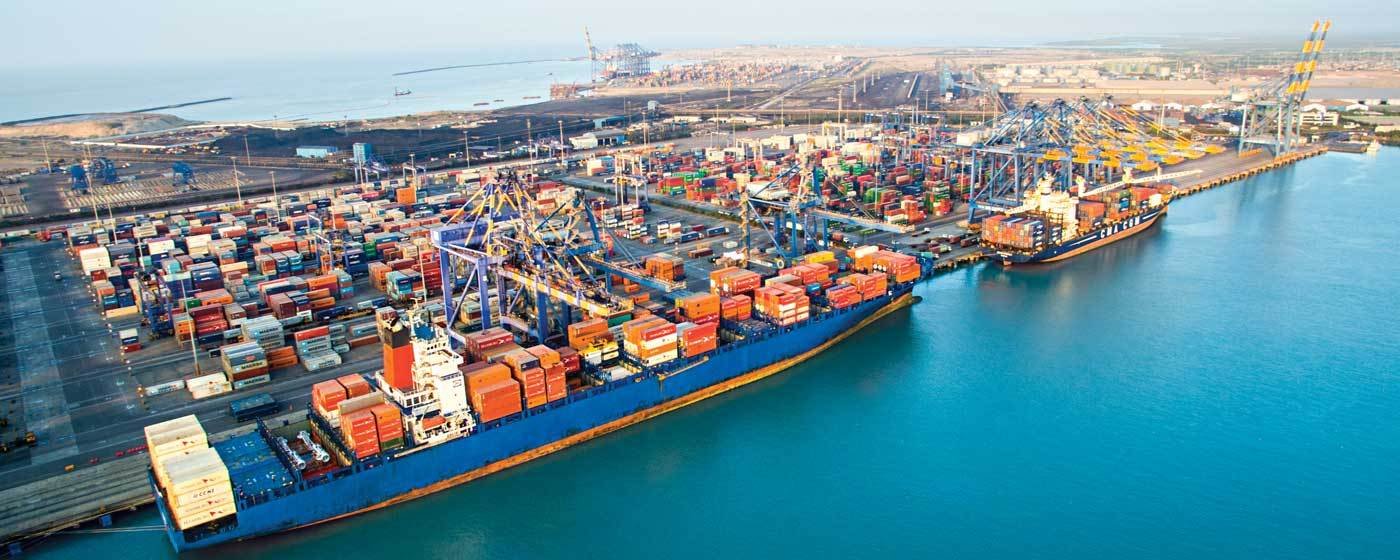The government is preparing a tariff migration system to grant pricing freedom to current private terminal operators. This move aims to ensure that the government’s revenue remains unaffected if existing concessionaires transition to the new tariff system, according to government officials.
A senior official from the shipping ministry, speaking anonymously, explained, “The minimum revenue commitment will safeguard the government from any potential risks associated with private concessionaires offering lower tariffs to attract more cargo.”
Private terminals at ports currently operate under various fiscal regimes, depending on the year they were granted their concessions. Together, they handle nearly half of the traffic at major ports, which are ports under the central government’s jurisdiction, across the country.
Sanjay Sethi, the chairman of the Jawaharlal Nehru Port Authority, stated, “The committee responsible for deliberating on a unified tariff regime for private terminals at major ports will soon provide its recommendations to the Ministry of Ports Shipping, and Waterways.”
Sethi leads the committee tasked with proposing a mechanism for transitioning private terminals operating at major ports from the old tariff systems to the new one, all of which fall under the central government’s administrative control.
Under the existing systems, major ports have the flexibility to charge different tariffs to consumers within the same port due to variations in the contracts they have with port authorities. These rates used to be regulated by the Tariff Authority for Major Ports (TAMP).
However, with the implementation of the Major Port Authorities Act, 2021, TAMP was abolished, and each board of major ports gained the authority to approve the rates charged by terminals on their premises. Disputes related to this matter were addressed in accordance with the Major Ports Adjudicatory Board Rules, 2023.
When announcing the new tariff regime in 2021, the government stated its intention to establish parity between private sector ports and terminals in government-owned ports. Under the current regime, which has been in place since then, new concessions for terminals leased out through public-private partnerships (PPP) have the freedom to set their rates, with the condition of a fixed payment to the port authority. This flexibility was extended to all future PPP concessionaires, and the royalties for trans-shipment and coastal cargo were also reduced in the new contracts.


